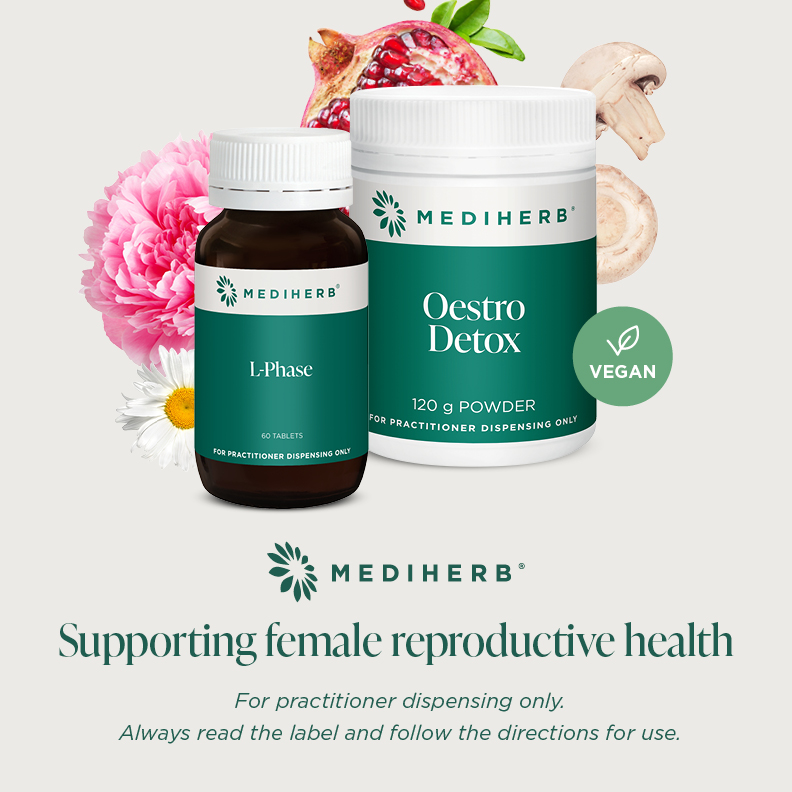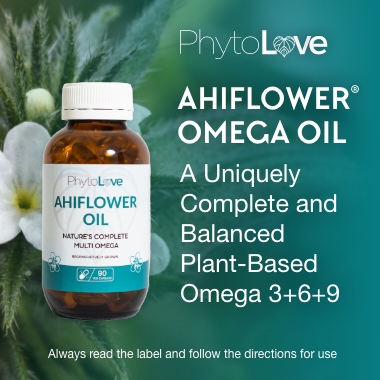Volume 35 Issue 1
Editorial Naturopathic symposium, on firm ground
Susan Arentz
For referencing Arentz S. Editorial. The Australian Journal of Herbal and Naturopathic Medicine 2023;35(1):8
DOI https://doi.org/10.33235/ajhnm.35.1.8
In the post (post) COVID‑19 pandemic, the world continues to search for ways to reduce the severity of the disease and improve outcomes for those who become infected. While much attention has been given to vaccines, therapeutics and preventive measures such as masks and social distancing, recent research has also shown that micronutrient deficiencies play a role in COVID‑19 outcomes.
Specifically, deficiencies in zinc and calcium have been found to be negatively correlated with COVID‑19 outcomes1. Research has shown that individuals with deficiencies in these micronutrients are more likely to experience severe outcomes, including hospitalisation, intensive care unit (ICU) admission and mortality. Results from a revisited meta-analysis, including 53 original studies of moderate to high quality, outlined that levels of vitamin D, vitamin B, zinc, selenium and ferritin differed between COVID‑19 patients and healthy people. For example, zinc deficiencies increased COVID‑19 infection risk by 1.53-fold, or by 53%, and calcium deficiencies increased ICU admission by 4.09-fold which is more than 400%.
While the exact mechanisms underlying these associations in COVID-19 are not yet fully understood, micronutrients that play a critical role in the immune response to viral infections are likely at play. For example, zinc may directly inhibit viral replication in tissues2 as well as boost the intrinsic immune system, and calcium has been shown to modulate immune function and may help to reduce the severity of inflammatory responses to viral infections3. Given the potential impact of these micronutrients in COVID‑19 severity and mortality, it is important to ensure that individuals are getting adequate daily amounts as one way and to help reduce the severity of COVID‑19; it’s another piece of the puzzle in the fight against the pandemic.
The Naturopathic Symposium in May 2023 in Melbourne is set to be an exciting event that will bring together naturopathic practitioners, students, researchers, educators and other healthcare professionals to learn, share and collaborate on the latest developments in naturopathy. As naturopathic practitioners, it is our duty to stay informed about the latest clinical insights and evidence-based practices in order to provide the best possible care to our patients. The symposium will feature a variety of informative sessions, keynote addresses, workshops and networking opportunities that will provide a wealth of naturopathic knowledge and clinical practice insights.
One of the highlights of the symposium will be the keynote address by Dr Joseph Pizzorno which will focus on the interface between tradition, science and practice, and is an important reflection of naturopathy in today’s healthcare landscape. Another important theme that is expected to emerge from the symposium is the need to address changing environment and sustainability issues. Along with expert clinical insights, and evidence-based naturopathic practice, speakers and attendees are expected to discuss approaches to generating evidence that is rigorous and reliable and incorporates naturopathy’s complex nature and preserves traditional knowledge. which are all essential in developing effective prevention and treatment strategies for our patients.
From a bumper number of abstracts submitted, presentations will include cutting-edge clinical approaches and innovative treatments, and attendees will be able to learn about the latest developments and explore new opportunities for collaboration. In addition to the educational and professional development opportunities, the Naturopathic Symposium 2023 will offer a chance to connect with others in the field and build lasting relationships. This issue presents the abstracts that will be presented at the Naturopathic Symposium, 27–28 May. Enjoy.
Author(s)
Susan Arentz PhD, BHSc(Hons)
Editor, Australian Journal of Herbal and Naturopathic Medicine
PO Box 696, Ashfield, NSW 2131, Australia
Email editor.ajhnm@nhaa.org.au
References
- Xie Y, Xu J, Zhou D, et al. Micronutrient perspective on COVID‑19: umbrella review and reanalysis of meta-analyses. Critical Reviews in Food Science and Nutrition 2023;1–19.
- Hunter J, Arentz S, Goldenberg J, et al. Zinc for the prevention or treatment of acute viral respiratory tract infections in adults: a rapid systematic review and meta-analysis of randomised controlled trials. BMJ Open 2021;11:e047474.
- Feske S. Calcium signalling in lymphocyte activation and disease. Nature Reviews Immunology 2007;7:690–702.






